Programming Languages That Are Gaining Popularity in 2024
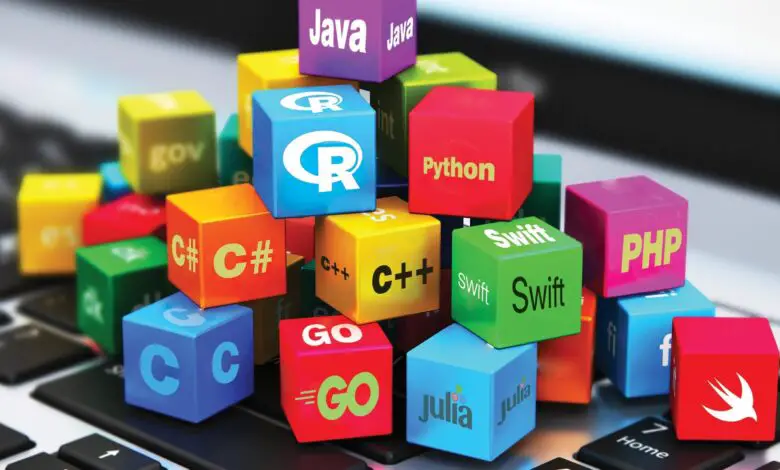
If you have a look at the international rankings that estimate the popularity of programming languages, the chances are high that Java, C, and Python will be among the leaders.
However, new ones appear every day to streamline coding, make it more secure and stable. If you are new to programming and wonder what languages you should study, continue reading. In this post, you will find the seven most promising programming languages that you are gaining popularity in 2024.
Scala
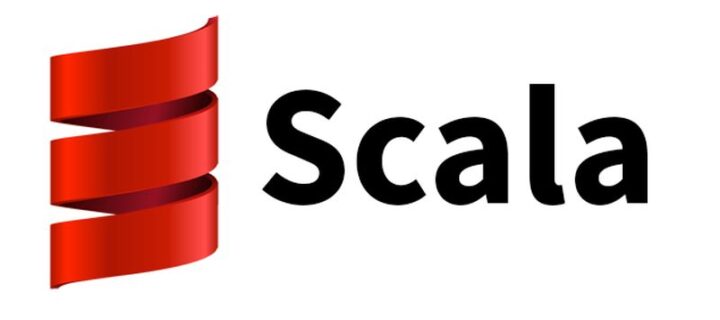
Scala was influenced by both Java and C#. It runs of JVM and gives you direct access to Java libraries. Scala will be easy for you to master if you already know Java or Python.
It can be used in both functional and object-oriented programming styles. Nothing stops you from using Scala to write Android applications in the OOP style, but it also provides for static typing and lambda calculus. Another great thing about Scala is that it is also suitable for web programming. For instance, Twitter and LinkedIn use it in their projects.
Go
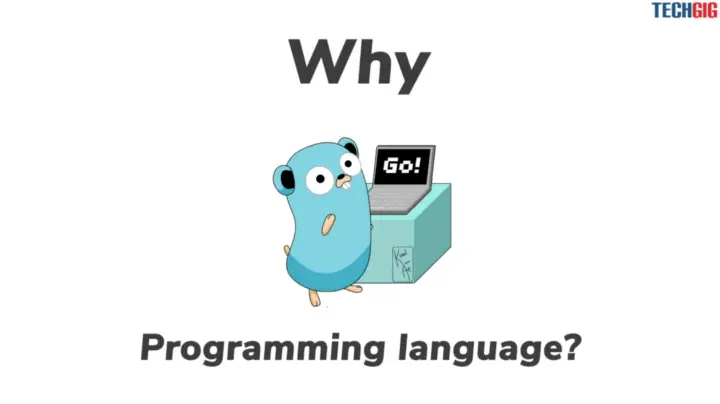
Go was created by Google for its own needs, mostly for cloud computing and large-scale applications. However, it was soon adopted by other companies such as DropBox, Twitch, and Uber.
One of the most significant advantages of Go is its simple and straightforward syntax. It is easy to learn for new developers because Google wanted to make it more simple for those who start working on on-going projects in their company. Go has static typing and great opportunities for parallel programming, which increases its security and stability. Moreover, it is fast and more memory-friendly than other compiled languages.
Elm
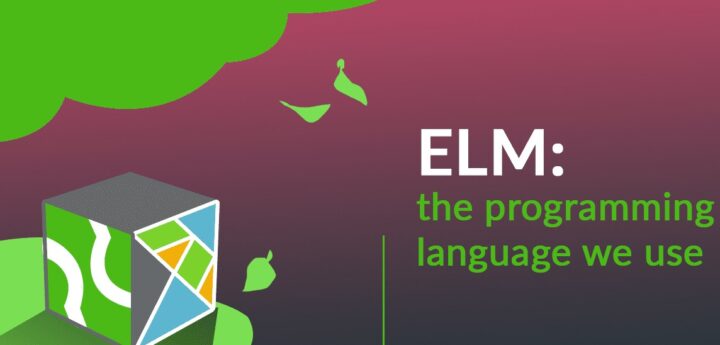
Elm is a purely functional programming language created for making graphical interfaces. It allows us to describe GI with the help of functional programming declaratively. Elm compiles your code into a working program in HTLM/CSS/JS to run in the browser.
Elm has many benefits: high performance, many relatively rich libraries. Above all, it provides you with a conceptually new instrument for writing code that is more and more in demand by companies that use functional programming.
Nix
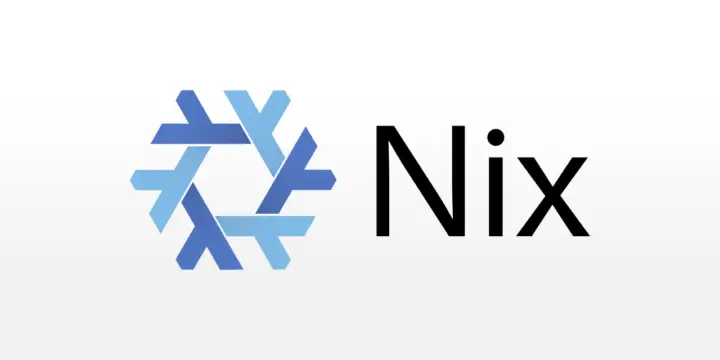
Nix is a package manager and it is used to describe packages for this manager. Use it for reproducible builds, no matter how many people will use the package they will always get the same output.
Nix is flexible and easy-to-use and can be incredibly convenient for C/C ++ programmers because it fills in an empty niche. Using it, you can patch and add libraries to the project painlessly for yourself and your colleagues. Get more hints about Nix here.
Typescript
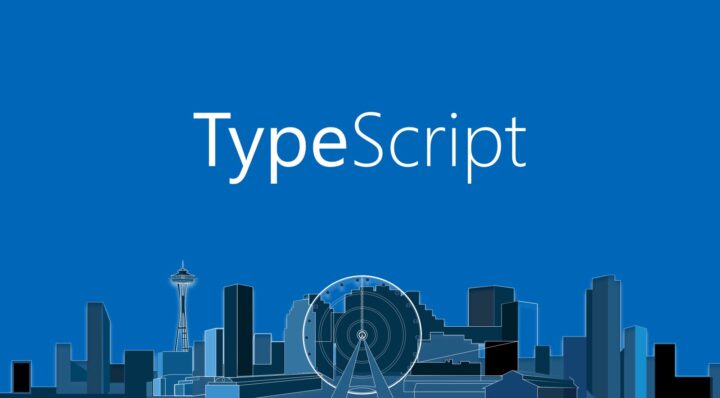
TypeScript is a superset of JavaScript that mainly provides optional static typing, classes, and interfaces. One of the significant benefits is to allow the IDE to provide a more prosperous environment for catching common mistakes when typing code.
A large JavaScript project, using TypeScript can lead to more robust software, although it will be deployed where a standard JavaScript application would run.
Rust
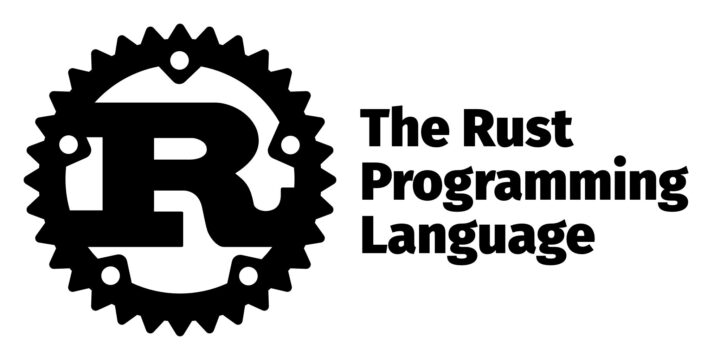
Rust is a new experimental programming language developed by Mozilla. It is compiled and supports multi-paradigm programming Rust is positioned as an alternative to C and C ++.
Rust supports functional, parallel, procedural, and object-oriented programming, i.e., almost the entire range of paradigms used in applied programming. If you learn this language, you will be able to work on a large variety of projects in different companies.
Kotlin
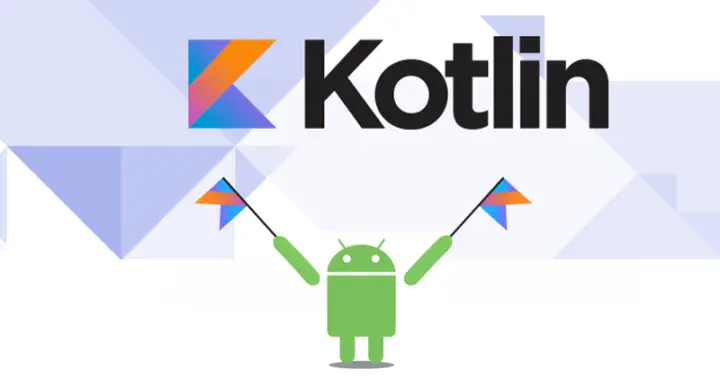
Kotlin is compatible with Java, so Java projects can be seamlessly transferred to Kotlin: without rewriting everything at once, but gradually adding Kotlin code here and there. Many Java developers who switched to Kotlin claim that this language is much more expressive and laconic.
So far, it has conquered one particular area: Android app development. Initially, they were written in Java, but in recent years there has been a massive transition to Kotlin, it has become the new industry standard.
Swift
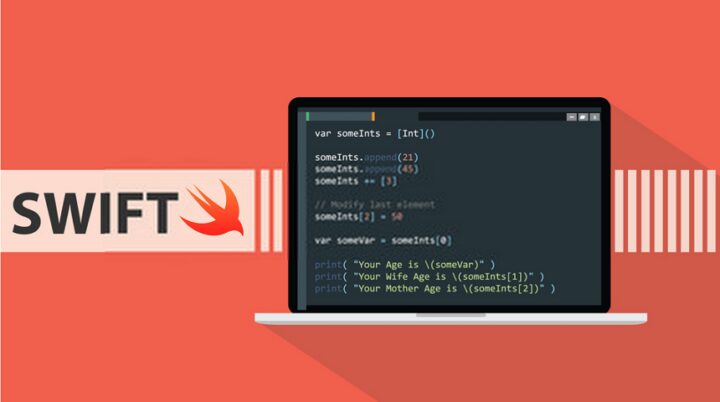
Swift was created recently by Apple. Usually, it takes time for the languages to become popular. But here the situation is special: the company, which created it, made it clear that now iOS applications must be written in it. And since the company controls the app store, Swift immediately started gaining popularity.
But everything else in the world is not controlled by Apple. Therefore, although in principle this language can be used for other purposes, it is not used much anywhere else.
Dart

Dart is a general-purpose programming language made by Google that is primarily intended for developing web applications (both client-side and server-side) and mobile applications. It also means that one and the same Dart program can be compiled for different platforms like Windows, Android, and iOS.
Dart is an object-oriented language. All values used in a Dart program represent objects. Dart was heavily influenced by earlier languages such as Smalltalk, Java, JavaScript. Its syntax is similar to other C-like languages.
R
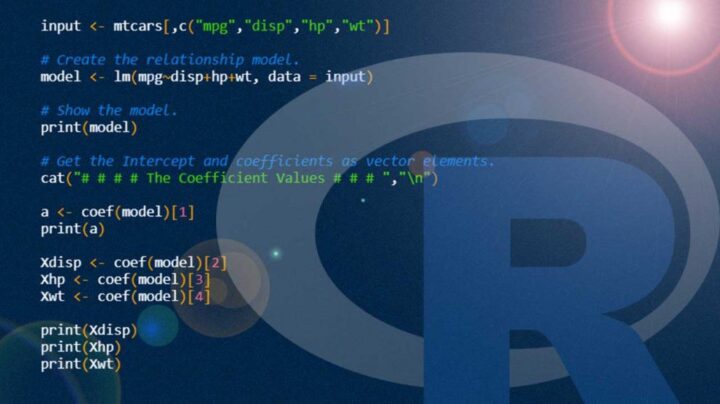
R was created by statisticians for statisticians. It works well with other programming languages such as C ++, Java, SQL. Moreover, it is perceived as a language that is great for working with statistics and data science. As a result, a large number of financial institutions and large computing companies are using R in their research and development.
R is seen by many as the main programming language for analytics and the main competitor of Python in machine learning.
Other ones worth mentioning
If you look at job ads, F#, Haskell, Agda developers are often the most well-paid. Usually, developers who can write in functional programming languages are well-remunerated. This attracts inexperienced developers to experience this branch of programming first.
However, it is not as perfect as it seems. First, the same small number of vacancies: only the best of the best will get a job. Secondly, functional languages are mastered by experienced developers who have already worked with others. Therefore, the high pay is caused not by the language itself, but by the experience of the developers. So, if you learn such a language, but you lack experience, then you will not start magically earning at the senior level right away.
All in all
Standard programming languages are useful, but it is even better to learn the languages gaining popularity. The market is not so oversaturated with the professionals who know them, so it will be easier to find an occupation. Moreover, most new languages have interesting properties that you can use to make your projects better.

